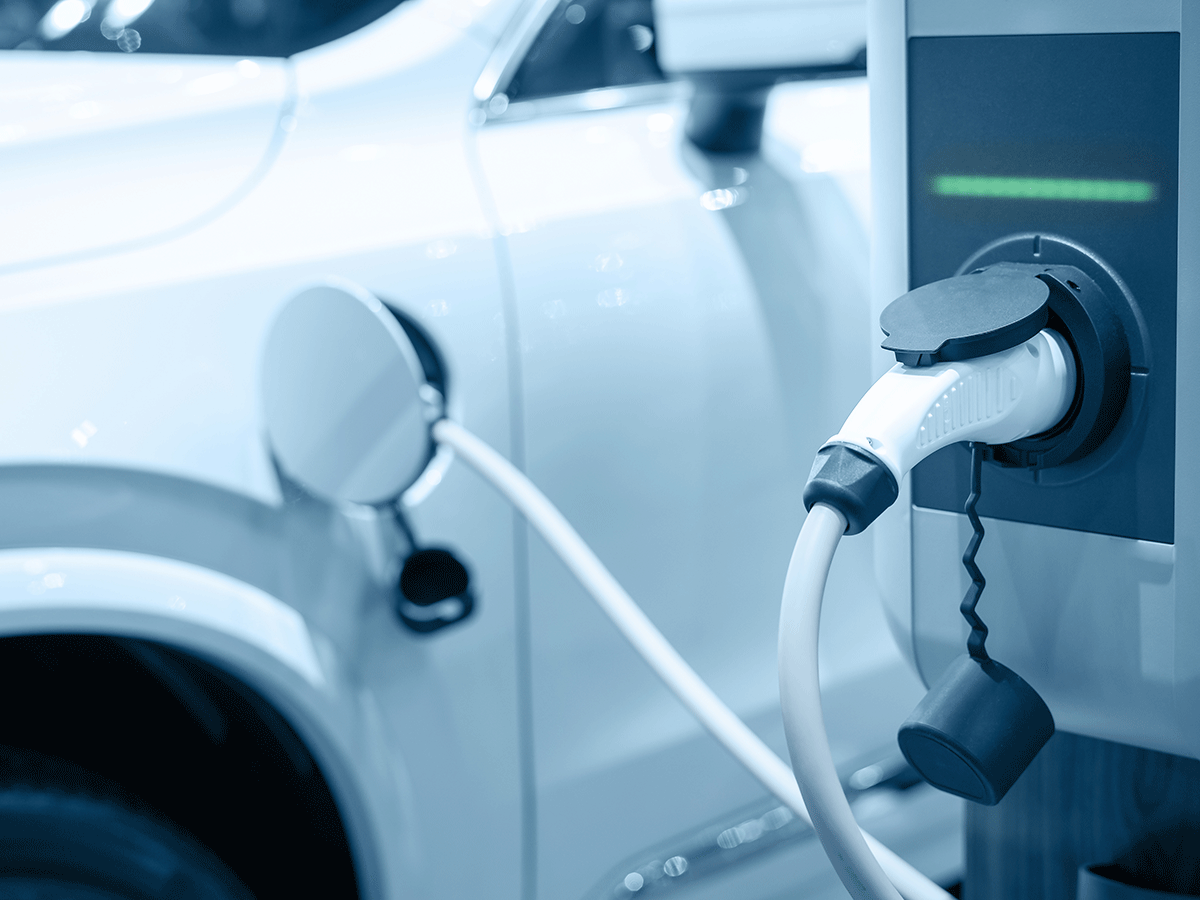
By Melvin Mathew
South Western Railway’s (SWR) Bengaluru division will be launching EV charging infrastructure in three railway stations. The measure is expected to help EV users who travel long distances using railways.
By next month, charging infrastructure could be seen in some areas of the stations. As part of the pilot project, Yulu will install charging machines at Krantivira Sangolli Rayanna, Hoodi, and KR Puram stations.
Railway stations tend to see huge footfall with some even using EV vehicles for last-mile connectivity. The easy availability of EV chargers will help such commuters, especially at night. It could encourage users to leave EV vehicles parked for longer intervals as they tend to slip towards deep discharge without usage. It could help address range anxiety too. Recently, the Chennai division of SWR also announced installation of EV chargers at Mandaveli and Saidapet Railway stations.
Division Railways Manager SWR(Bengaluru), Shyam, said, “We have already awarded the contract to Yulu Bikes. We have permitted installation at three railway stations. The company will install EV charging infrastructure and battery swap stations. Other players have also expressed interest in this regard and we will take it up through e-auction mode.”
The number of charging machines/swap machines per station is not yet known and will be dependent on the user requirement. SWR confirmed that based on demand, charging infrastructure will cater to two-wheelers, three-wheelers, and four-wheelers. Rail activists and EV users appreciate the move.
“There has been a shift to electric vehicles due to incentives from the government. Installation of chargers will help rail users who park their vehicles for the entire day in parking spaces. However, railways should have considered Cantonment, Yeshwanthpur, and Sir MV Terminal,” said Krishna Prasad, a rail activist.
An EV user said that the move will help long-distance daily passengers. “There are passengers who travel early in the morning and come back at night. Vehicles parked could also be kept for charging. EV charging at parking spaces can reduce range anxiety and encourage their use. In larger multi-modal transport systems, public stations can reduce the adoption of ICE vehicles,” said Harsha.
According to EV experts, Railways had passed a policy about installing charging infrastructure in 700-800 locations. They said that addressing the barrier to EV adoption was an important step, and without building adequate charging infrastructure, users would not be encouraged. “In 2022, we reached 1 million EV vehicles.
More charging points will encourage the confidence of users. With land and power issues addressed, the challenge revolves around informing users about the availability of chargers.
To facilitate seamless services, even non-rail users should be provided free access to premises,” said Pawan Mulukutla, director, Integrated Transport, Electric Mobility and Hydrogen, WRI India.
Also Read:
